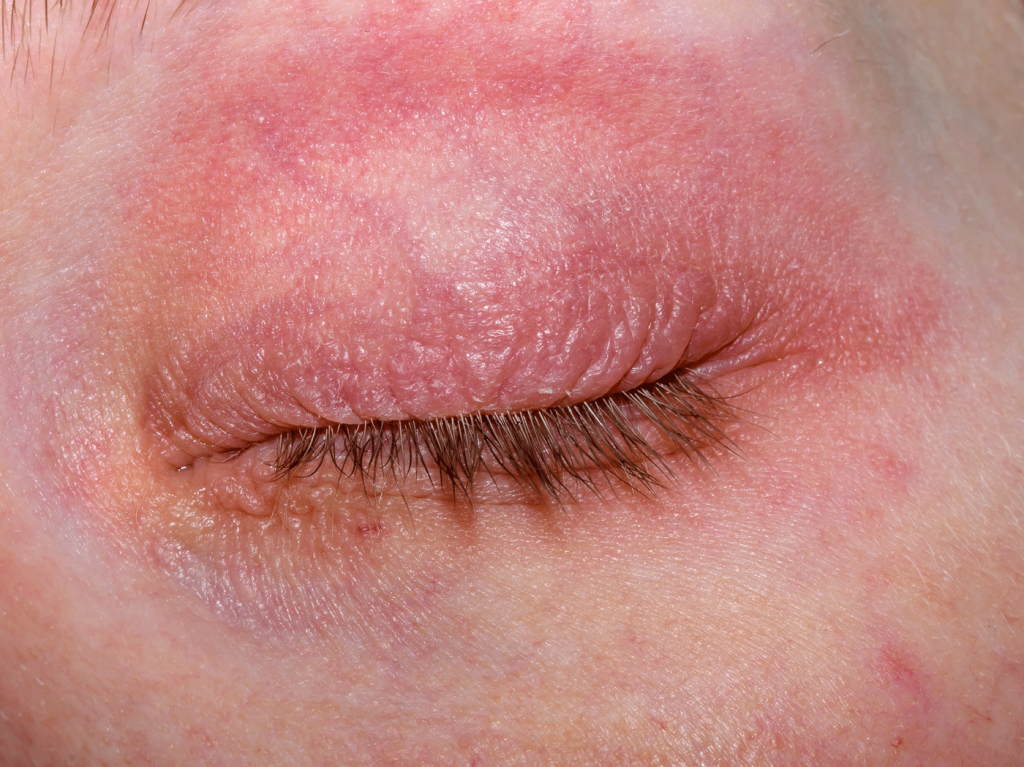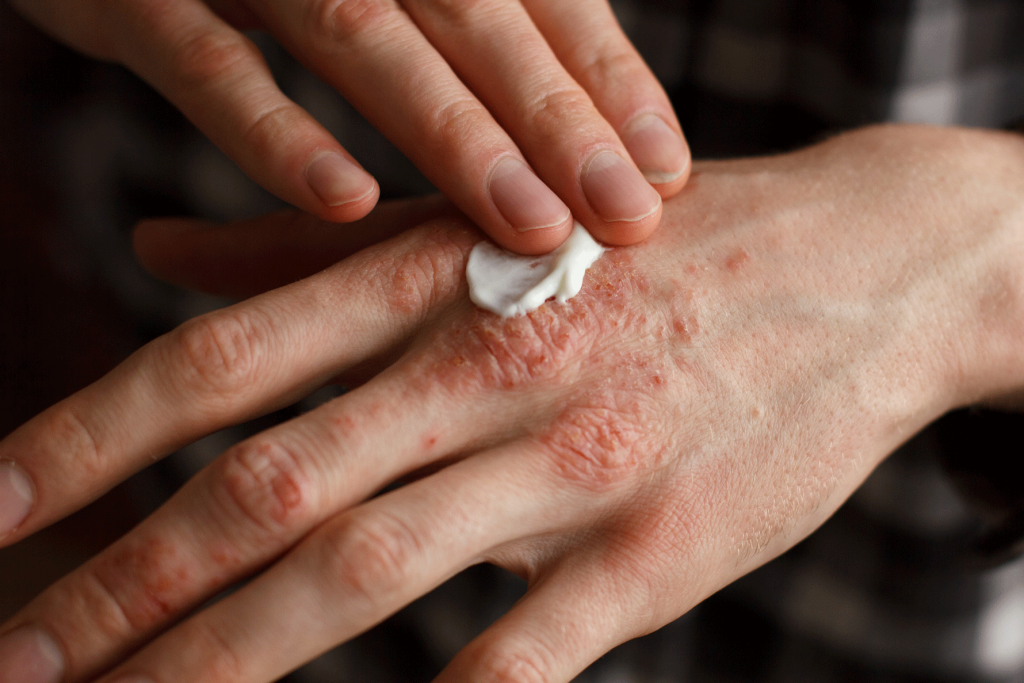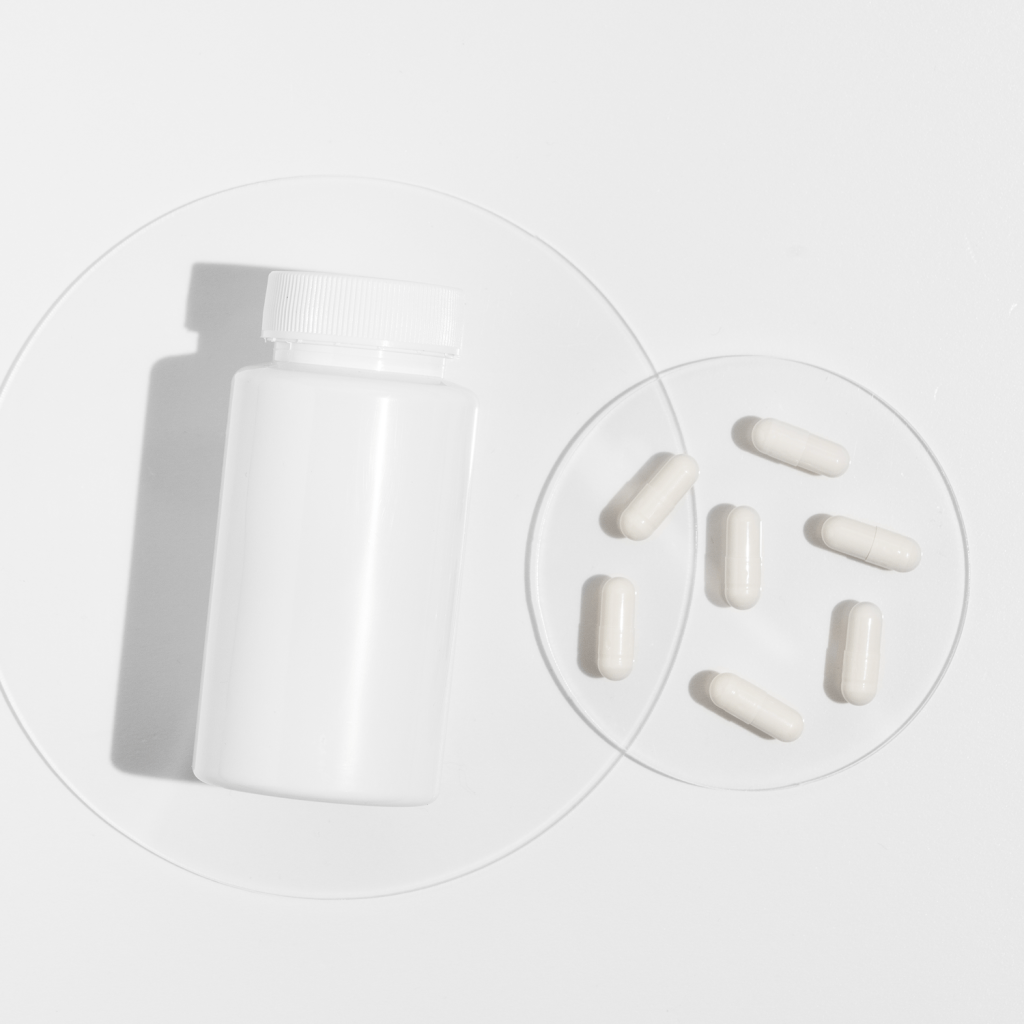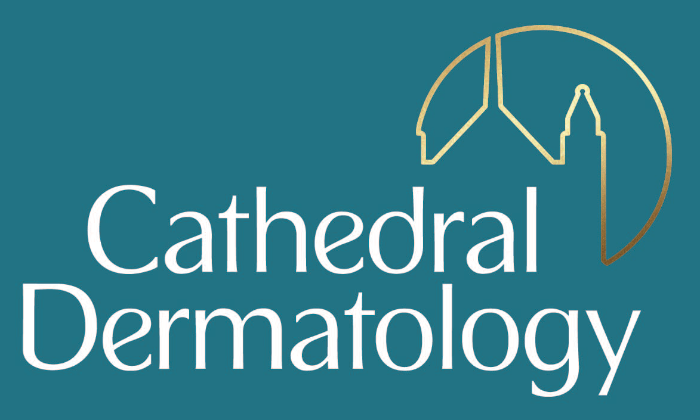What is eczema?
Eczema, or dermatitis as some call it, is a chronic inflammatory skin condition characterised by red, dry, itchy skin. It can vary widely in severity and often appears in ‘flare-ups’ followed by periods of being controlled and ‘in remission’. Eczema is not contagious and can affect individuals of all ages, from infants to adults – some types run in families and can co-exist with asthma and hay fever.
Types of eczema
Did you know there is more than one type of eczema?
Types of eczema include:

Atopic Dermatitis
This is the most common form of eczema which can run in families. It typically starting in childhood, but can affect older patients as well, and is often associated with other atopic conditions like asthma and hay fever.
Seborrheic Dermatitis
Commonly known as ‘dandruff’ when it affects the scalp, seborrheic dermatitis can also appear on other oily areas of the body, such as the face, groin and upper chest. It occurs due to our skin reacting to natural yeasts that live on our skin, which gives rise to rashes that can be red and flakey
Lichen simplex chronicus
If eczema has been repeatedly scratched and/or rubbed, the skin will thicken in response to try to protect itself. This ironically can trigger further itch so patients might develop thickened patches of ‘stubborn’ eczema that dermatologists refer to as lichen simplex chronicus.
Irritant and Contact Dermatitis
These types of eczema occur when the skin comes into contact with an irritant (like nickel or latex) which causes a fairly quick rash to appear, or an allergen (like chemicals or certain fabrics – there is a long list of potential allergens). Patch Testing can be carried out to determine the allergen for a contact dermatitis, or skin prick testing helps to identify susceptibility for immediate irritant rashes from agents such as latex.
Symptoms of eczema
Symptoms of eczema can often look like the following:
Red or brownish-grey patches – colours of inflamed/active eczema can vary depending on your skin type
Thickened, leathery ‘lichenified’ skin (with chronic eczema)
Bleeding can occur if repeatedly scratched
Intense itching
Swelling and sensitivity
Dry, cracked, or scaly skin
Treatment Options
Cathedral Dermatology offers a holistic approach to tailoring your eczema treatment plan to your needs and schedule as best possible.
Topical Therapies

Topical therapies include moisturisers and emollients to keep the skin hydrated, then corticosteroid, and non-steroid, creams and ointments to reduce inflammation during flare-ups. Dr Murphy will ensure you have a plan that equips you to manage the bad days as well as ‘prevent’ flares during the good days.
Oral Medications

For severe cases, oral medications such as antihistamines can alleviate itching, antibiotics or antiviral tablets may be prescribed for infections, and oral corticosteroids can provide short-term control of severe flares whilst topical therapies take effect. Additionally, lifestyle changes play a crucial role; identifying and avoiding triggers that might include certain soaps or fragrances, maintaining a gentle skincare routine, and avoiding scratching can all help you to manage your symptoms effectively.
Injectable medications
Beyond these treatments, some severe cases require treatments including oral or injectable medications that will control and suppress the immune system, but that require pre-screening blood tests, close oversight and regular review by a dermatologist of your skin and blood tests. If your skin is severe enough, our dermatologist can optimise your topical therapy whilst discussing suitability for these medications, then make onward referrals to the appropriate in-trust dermatology team.
